In an unprecedented move that signals growing Western concerns about Chinese technology investments, the Dutch government has taken extraordinary action against Nexperia, a Chinese-owned semiconductor manufacturer, citing serious threats to national and European economic security. This highly unusual intervention marks a significant escalation in tensions between the European Union and Beijing over strategic technology sectors and could reshape the landscape of international chip manufacturing.
Historic Intervention Under Emergency Powers
The Netherlands government announced on Sunday that it had invoked the Goods Availability Act, a powerful legal tool designed for exceptional circumstances threatening national economic security. This marks one of the first times the Dutch government has used such sweeping powers against a foreign-owned technology company operating within its borders.
According to official statements, the Ministry of Economic Affairs detected “acute signals of serious governance shortcomings” within Nexperia’s operations. The intervention aims to prevent potential scenarios where critical semiconductor technology and expertise could become unavailable during emergencies or international crises.
What Makes This Action “Highly Exceptional”?
The Dutch government characterized its decision as “highly exceptional,” emphasizing the rarity of such direct intervention in private business operations. The Goods Availability Act grants authorities in The Hague extraordinary powers to intervene in companies when there are legitimate threats to economic security or concerns about the availability of critical goods and services.
Officials stated that Nexperia’s operations pose a direct “threat to the continuity and safeguarding on Dutch and European soil of crucial technological knowledge and capabilities.” This language suggests deep concerns about technology transfer and the potential loss of strategic semiconductor manufacturing capabilities to Chinese control.
Nexperia’s Parent Company Vows to Fight Back
Wingtech, the Shanghai-based parent company of Nexperia, responded swiftly on Monday, announcing plans to take action to protect its rights and seek government support from Chinese authorities. The company’s shares on the Shanghai stock exchange plummeted by 10% on Monday morning, reflecting investor concerns about the intervention’s financial implications.
This strong reaction from Wingtech indicates that the dispute is far from resolved and could escalate into a broader diplomatic and economic confrontation between China and European nations.
Understanding Nexperia’s Strategic Importance
Nexperia specializes in manufacturing semiconductors used extensively in automobiles and consumer electronics. These chips are essential components in modern vehicles, smartphones, computers, and countless other electronic devices that power daily life and industrial operations.
The company’s strategic importance stems from its position in global supply chains and its access to critical semiconductor manufacturing technology. With ongoing global chip shortages affecting multiple industries, control over semiconductor production facilities has become a matter of national security for many countries.
Previous Security Concerns in the United Kingdom
This isn’t the first time Nexperia has faced security scrutiny from Western governments. The company was previously forced to sell its silicon chip manufacturing plant in Newport, Wales, after British Members of Parliament and government ministers raised national security concerns about Chinese ownership of critical technology infrastructure.
Despite the forced sale in Wales, Nexperia continues to operate a facility in Stockport, United Kingdom. The Dutch intervention raises questions about whether other European nations will follow suit with similar actions against Chinese-owned technology companies.
US Sanctions Add Pressure to Wingtech
Complicating matters further, Wingtech appears on the United States “entity list,” a designation that severely restricts its ability to access American-made goods and technology. US companies are prohibited from exporting products to businesses on this list unless they obtain special government approval.
In September, the US Commerce Department tightened these restrictions even more, adding any company majority-owned by a Chinese firm to the entity list. This expanded definition directly affects Nexperia and numerous other subsidiaries of Chinese technology companies operating globally.
EU-China Relations Face New Strain
The Dutch government’s intervention threatens to further deteriorate already strained relations between the European Union and China. Recent months have seen increasing tensions over trade policies, technology transfers, and Beijing’s relationship with Russia amid ongoing geopolitical conflicts.
European officials have grown increasingly concerned about strategic dependencies on Chinese technology and manufacturing, particularly in critical sectors like semiconductors, renewable energy, and telecommunications infrastructure.
Operations Continue Under Government Oversight
Despite the dramatic intervention, the Dutch government emphasized that Nexperia’s production operations can continue as normal. This suggests that authorities are primarily concerned with governance, oversight, and preventing potential technology transfers rather than shutting down manufacturing activities.
However, the exact nature of the governance shortcomings and specific security risks remain unclear. A spokesperson for the Minister of Economic Affairs declined to provide additional details, citing the sensitive nature of national security matters.
Global Semiconductor Security Concerns
The Netherlands action reflects a broader global trend of governments reassessing their relationships with Chinese technology companies. Countries worldwide are increasingly viewing semiconductor manufacturing and advanced technology as matters of national security rather than purely commercial concerns.
Western nations have become particularly alert to potential technology theft, forced technology transfers, and the strategic risks of depending on Chinese-owned manufacturers for critical components. For comprehensive coverage of international technology and security developments, visit Singha Darbar for the latest updates.
What Happens Next?
The standoff between Dutch authorities and Nexperia could take several paths. Wingtech’s promise to “take actions to protect its rights” suggests potential legal challenges or diplomatic pressure through Chinese government channels. The situation will likely require careful negotiation between Dutch, European, and Chinese officials.
Industry experts will be watching closely to see whether other European nations follow the Netherlands’ example and take similar actions against Chinese-owned technology companies operating within their borders. The outcome could establish important precedents for how Western democracies balance economic openness with national security concerns in the technology sector.
Impact on Global Chip Supply Chains
Any disruption to Nexperia’s operations, even temporary, could have ripple effects throughout global semiconductor supply chains. The automotive and consumer electronics industries, already vulnerable to chip shortages, may face additional uncertainties if the situation escalates.
The intervention serves as a reminder that geopolitical tensions increasingly affect commercial technology operations and that companies caught between competing powers face significant operational and financial risks.
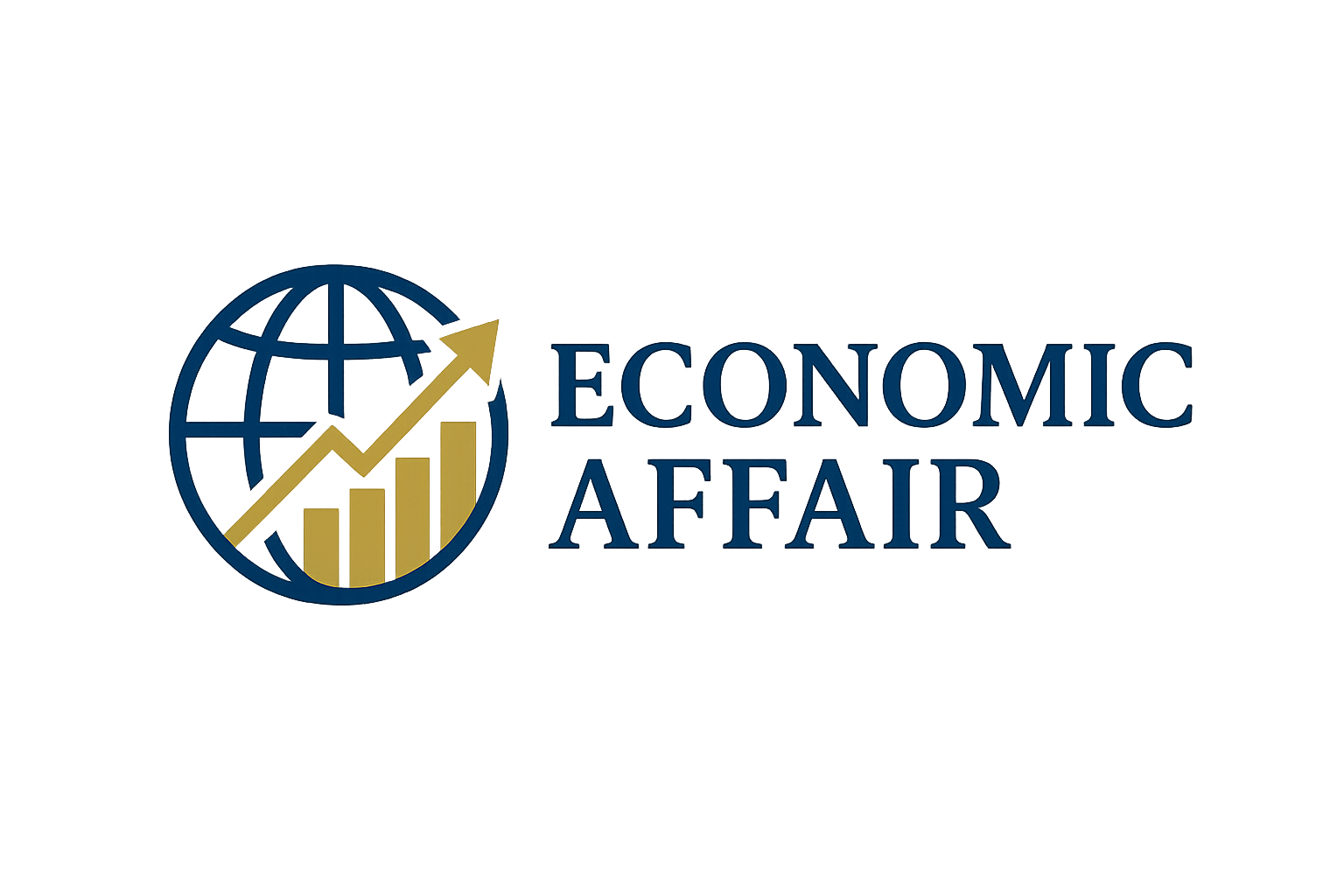
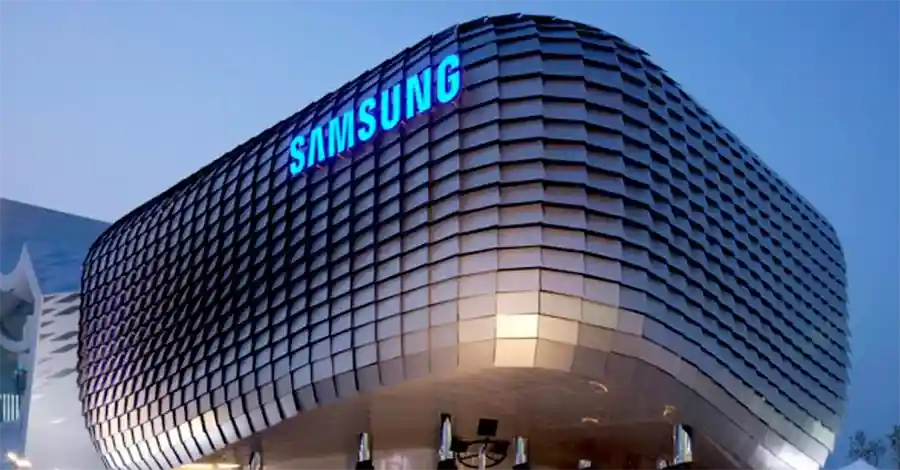

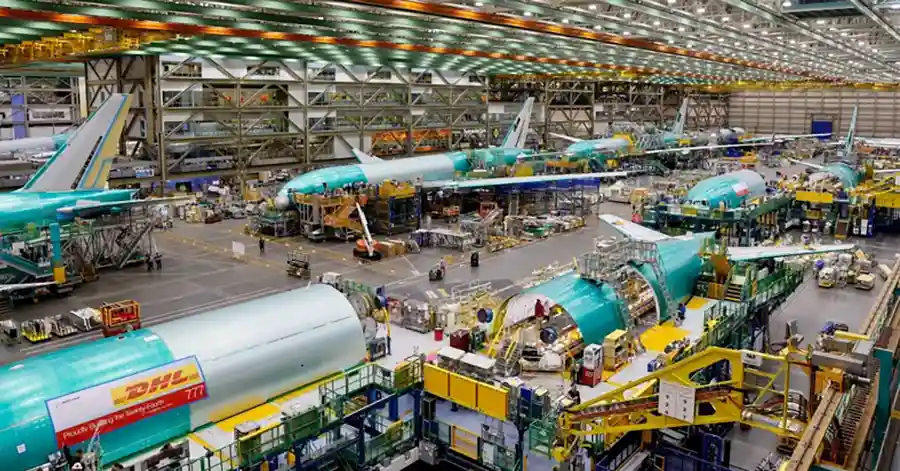


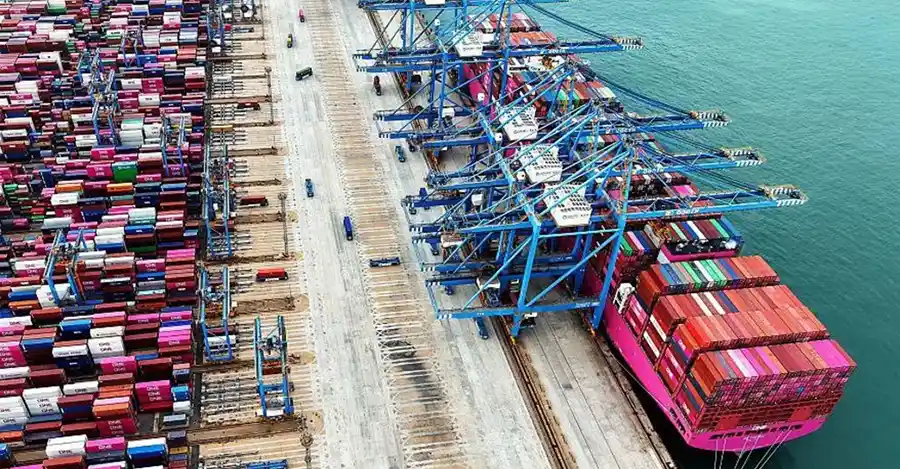

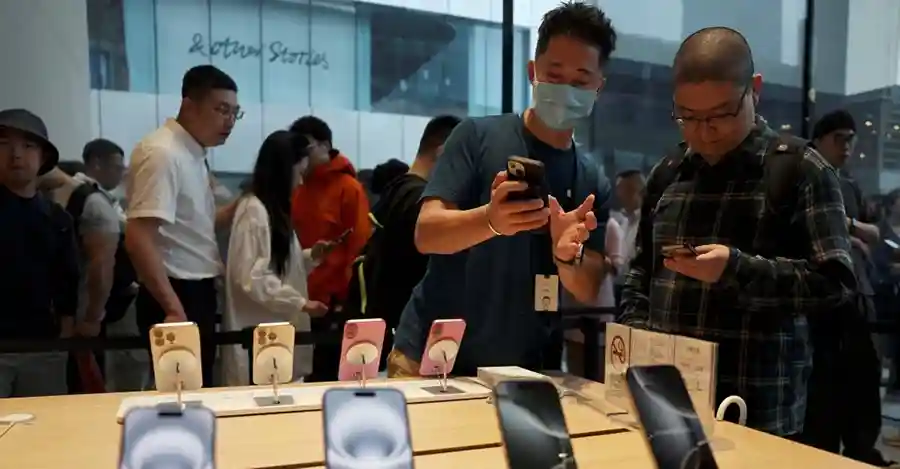





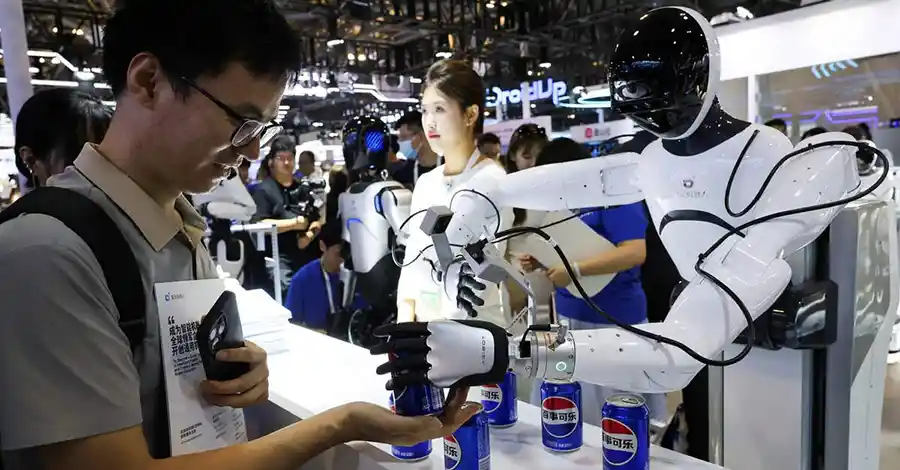



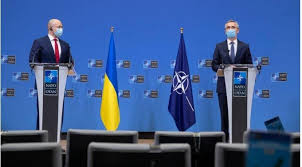



Comments